CRISPR technology inactivates cancer mutations
Posted: 1 September 2016 | Niamh Louise Marriott, Digital Content Producer | 1 comment
CRISPR/Cas9 is likely one of the most revolutionary tools in biotechnology, with tremendous implications for a broad range of biological and medical disciplines. As programmable scissors this technology allows cleavage of DNA at predefined sites in the genome of cells…
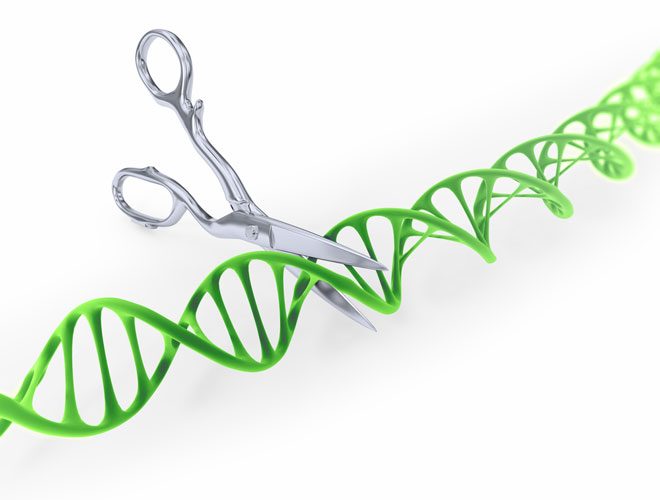
As for many other biomedical and biotechnology disciplines, the genome scissor “CRISPR / Cas9” opens up completely new possibilities for cancer research. Scientists have shown that mutations that act as cancer drivers can be targeted and repaired. The most relevant mutations could therefore be diagnosed faster, improving personalised therapies.
CRISPR/Cas9 is likely one of the most revolutionary tools in biotechnology, with tremendous implications for a broad range of biological and medical disciplines. As programmable scissors this technology allows cleavage of DNA at predefined sites in the genome of cells.
Now researchers from the National Center for Tumor Disease (NCT) Dresden, the German Consortium for Translational Cancer Research (DKTK) and the Medical Faculty of the TU Dresden have found a way to utilise the technology to diagnose and inactivate cancer mutations, thereby accelerating cancer research.
“Mutations in cancer cells are identified at increasing speed through next generation sequencing, but we mostly do not know, which of these mutations are actually driving the disease and which ones are rather benign ” said Frank Buchholz, lead researcher.
The scientists first analysed how many of the more than 500,000 reported cancer mutations could theoretically be targeted, finding that >80% of the mutations could be cleaved with CRISPR/Cas9 system. They then demonstrated that they could specifically cleave a panel of common cancer mutations without significantly targeting the healthy, wildtype alleles.
Moreover, expression of Cas9 together with the cancer-specific guide (g)RNAs was able to unmask mutations that drive cell growth and viability in cancer cell lines.
Buchholz points out, “This is an important advance, because we can now rapidly separate driver from passenger mutations. Because each cancer shows a specific combination of many mutations, this scientific approach could improve cancer diagnostics as mutations that promote cancer growth could be specifically identified. Based on the obtained results an individualised therapy could be initiated.”
Related topics
CRISPR, Personalised Medicine
Related organisations
German Consortium for Translational Cancer Research (DKTK)



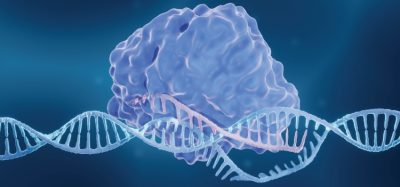
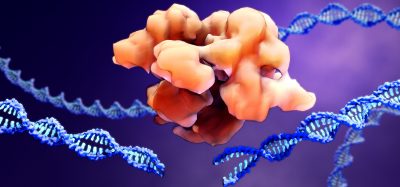
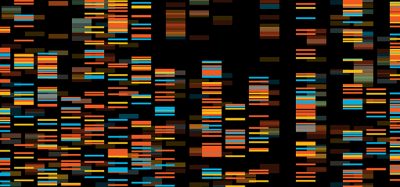
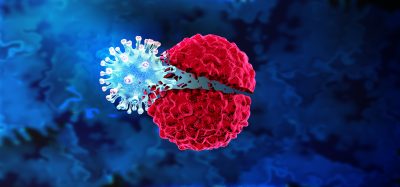

Hi,
The Cas9 enzyme will cut where the guide RNA tells it to, but only if a specific but common DNA sequence is present near the cut site. For those who want to make very specific changes to short, non-coding RNAs, the options can be limited. You cannot take just any sequence, any idea how to overcome that?
Regards,
Dejan